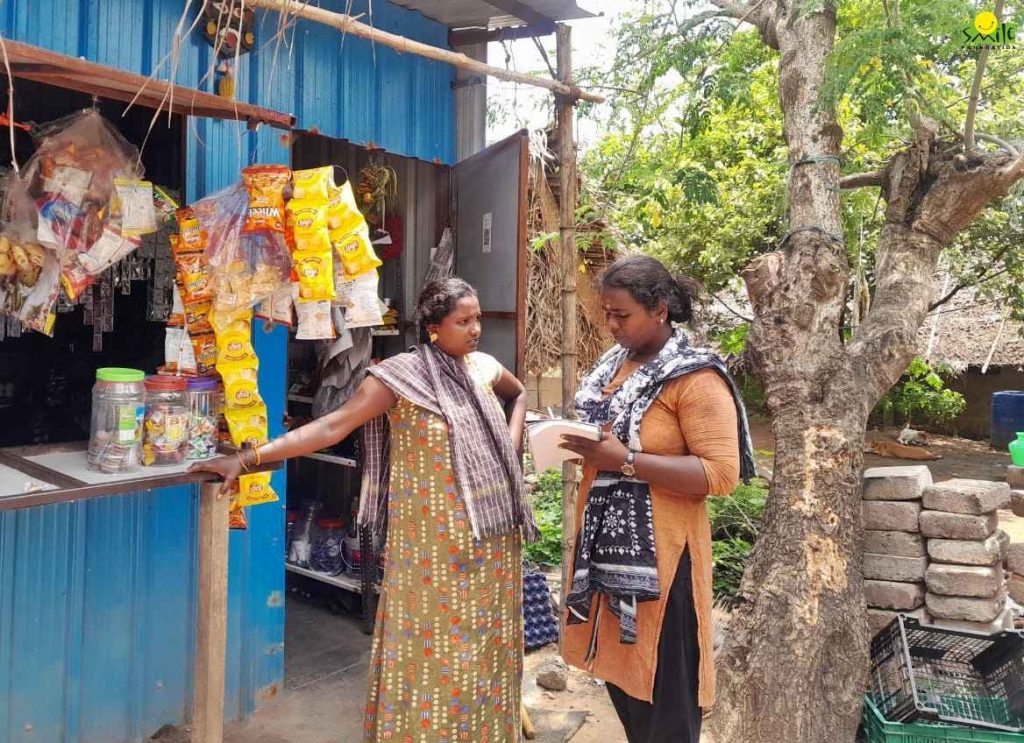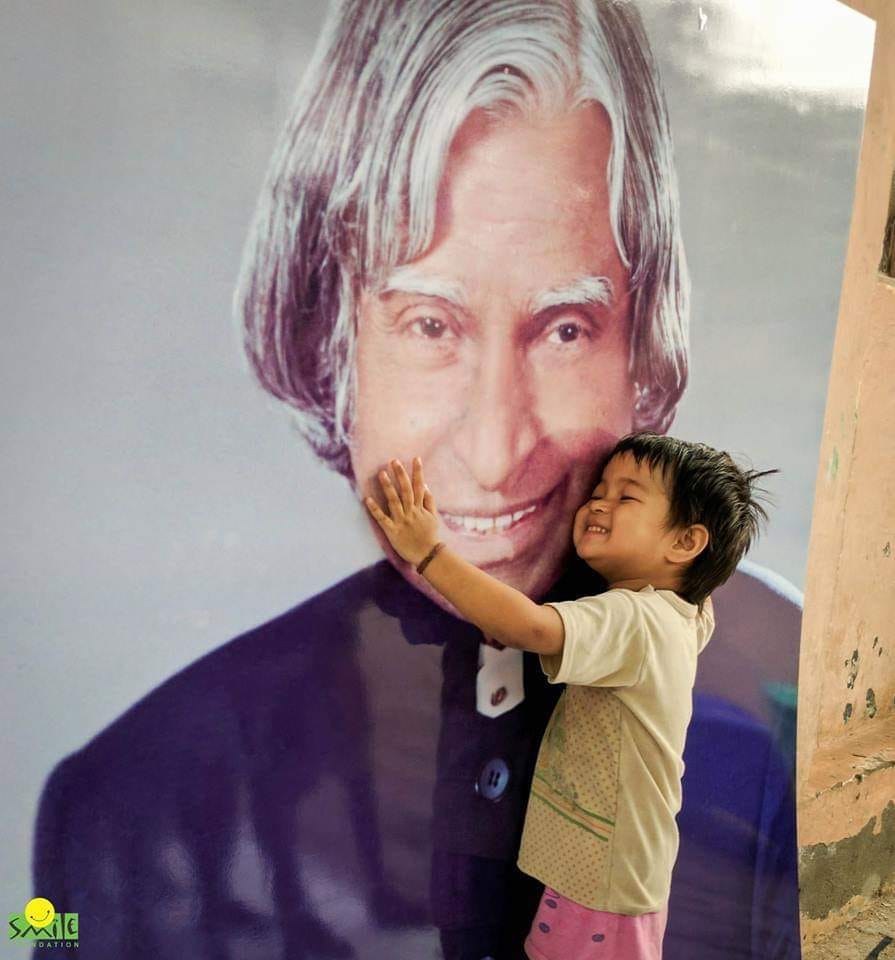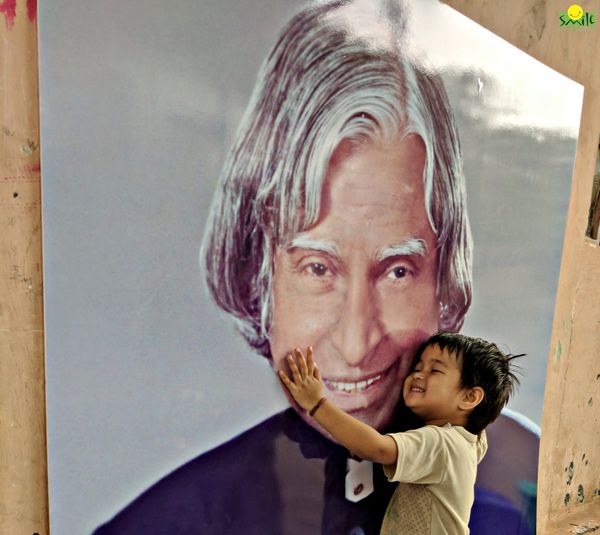The backbone of primary healthcare in India often goes unnoticed and unappreciated. While doctors and nurses receive accolades for their tireless efforts, it is the ASHA workers who toil silently in the background, ensuring that healthcare reaches the remotest corners of the country. ASHA stands for Accredited Social Health Activist, and these women are the unsung heroes of the Indian healthcare system.
The journey of Mitanins to the ASHA framework
The journey of ASHA workers traces back to the early 2000s, when the state of Chhattisgarh pioneered the concept of community health workers known as Mitanins. These women, known as friends in times of sorrow, became the pioneers of care work in resource-deficient communities. Inspired by their dedication, the ASHA framework was established, giving birth to a cadre of almost 10 lakh women across the country.
ASHA workers are not just healthcare providers- they are advocates, friends, and change agents rolled into one. They bridge the gap between communities and the formal healthcare system, bringing care to the doorsteps of those who need it the most. However, their journey is fraught with challenges.
Who cares for the ASHA workers?
Despite their important role especially in providing primary healthcare services, ASHA workers are overworked and underpaid. They often work long hours, juggling responsibilities between their homes, communities, and healthcare centers. Many struggle to make ends meet, facing risks of anemia, malnutrition, and non-communicable diseases due to poor working conditions and lack of resources.
Sometimes, an ASHA worker is the sole healthcare provider for a village of 1,000 people, navigating the challenges of vaccine hesitancy and supply shortages even amidst pandemics. Despite the workload, she prefers to work alone, fearing that sharing responsibilities would further diminish her meager earnings.
The COVID-19 pandemic only exacerbated the plight of ASHA workers. They were at the forefront of the battle against the virus in rural areas. They were conducting door-to-door surveys, contact tracing, and promoting vaccination. Yet, their contributions often go unnoticed, and they face verbal abuse and violence from community members.
They are fighting for what’s right
Over the years AHSA workers have demanded for fair wages and a decent life for themselves. Like in Maharashtra, ASHA workers went on a week-long strike to demand better wages and working conditions. Similar protests are reported from other parts of the country, highlighting the systemic neglect these frontline workers face. Despite promises of incentives and support from the government, many ASHA workers have yet to receive adequate compensation for their efforts.
The challenges the ASHA workers face are multi-faceted and require urgent attention. Structural reforms, including salary hikes, timely payments, and insurance coverage, are essential to improve their livelihoods and ensure their well-being. Moreover, there is a need to recognize them as formal employees rather than honorary workers. It is time we acknowledge their invaluable contribution to the healthcare system.
Despite the hardships, ASHA workers remain resilient and committed to their cause. They continue to serve their communities with dedication and compassion, often at great personal sacrifice. For many ASHA workers, the communities, they say, “They’re like my own family now.” It is time we recognize the invaluable role ASHA workers play in shaping the health outcomes of millions of Indians and provide them with the support and respect they deserve.
ASHA workers are integral to Smile Foundation’s community outreach efforts. They serve as trusted intermediaries between the organization and the communities they serve, facilitating communication, trust-building, and awareness-raising activities. They play a critical role in disseminating information about the healthcare and education initiatives of Smile Foundation, including vaccination drives, health camps, and awareness sessions on maternal and child health, hygiene, and nutrition.









